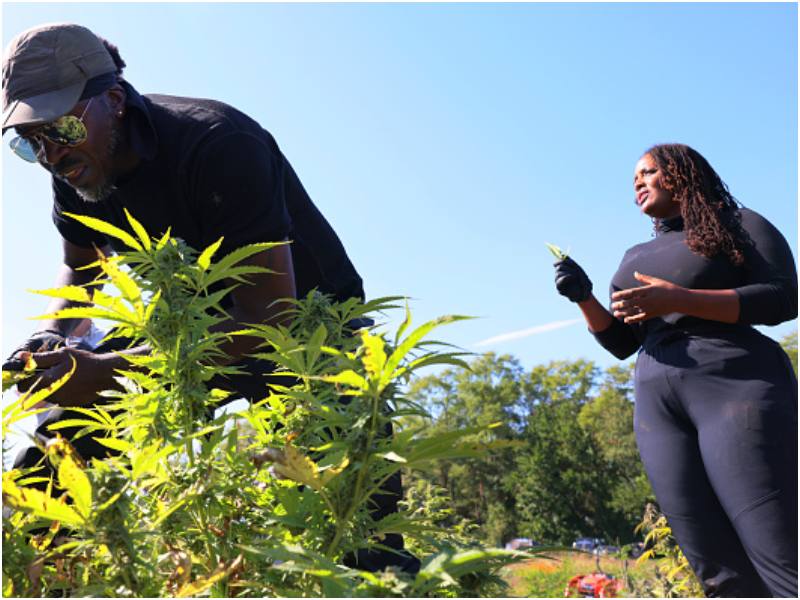In a move that offers a glimmer of progress amidst ongoing regulatory turmoil, the Alabama Medical Cannabis Commission (AMCC) awarded two additional cannabis cultivation licenses on Aug. 8, 2024.
The licenses were granted to Pure by Sirmon Farms, LLC and Blackberry Farms, LLC, bringing the total number of licensed cultivators in the state to nine.
The AMCC’s decision follows a series of investigative hearings, which the commission highlighted as evidence of its commitment to a fair licensing process.
Chairman Rex Vaughn stated that:
“[t]he Commission, in carrying out the administrative process as provided by the legislature and through its actions today, has reiterated its commitment to ensuring that all parties have a fair opportunity to participate in Alabama’s medical cannabis industry.”
However, the significance of this decision may be tempered by the broader context of Alabama’s cannabis licensing issues.
The cultivator license category presented a unique situation: with 12 applicants and 12 available licenses under state law, the AMCC had the option to grant licenses to all applicants without impacting existing licensees.
This contrasts sharply with other license categories, such as dispensaries and integrated facilities, which face statutory caps and ongoing legal disputes.
The statutory limitation in these categories means that the AMCC cannot issue additional licenses without removing an existing one, potentially leading to further litigation.
Currently, the AMCC is navigating court-ordered injunctions and administrative stays that affect these categories.
The court’s upcoming decision on whether to allow AMCC’s proposal to conduct investigative hearings before issuing licenses could reshape the licensing landscape for dispensaries and integrated facilities.
As the Alabama Court of Civil Appeals reviews challenges to the circuit court’s decisions on AMCC’s licensing practices, the legal outcomes could have far-reaching effects on the state’s medical cannabis industry.
While the awarding of these new cultivation licenses represents a positive step, it is clear that the path forward for Alabama’s medical cannabis program remains complex and contested. The ongoing legal battles and regulatory hurdles are likely to influence future licensing decisions and industry developments.
Stay tuned for updates as this evolving situation continues to unfold.

